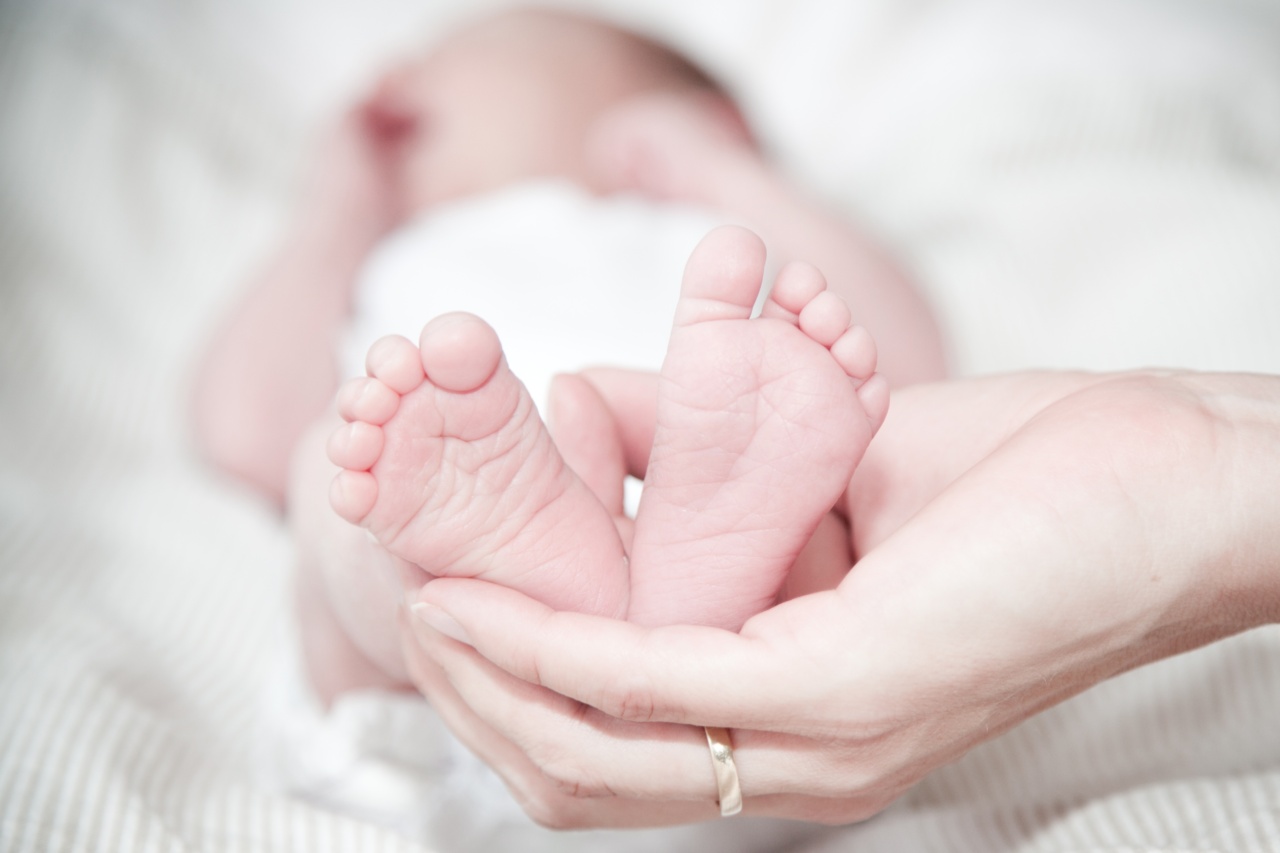Advances in medical technology and changing social norms have made it increasingly common for women to delay childbirth until later in life.
While it is generally considered biologically optimal for women to give birth during their 20s and 30s, many women are now choosing to have children in their 40s and even 50s. This trend has raised questions about the safety and viability of childbirth for older women. In this article, we will explore the medical and social aspects of women over 50 giving birth and discuss the potential risks and considerations involved.
The Biological Challenges
From a physiological standpoint, it is clear that there are certain challenges that come with pregnancy and childbirth for women over the age of 50.
As women age, their fertility declines, and they are more likely to experience difficulties in conceiving naturally. The decline in fertility is primarily due to a decrease in the quantity and quality of eggs produced by the ovaries.
Furthermore, the risk of miscarriage and chromosomal abnormalities such as Down syndrome increases with age.
As a result, older women who want to conceive may turn to assisted reproductive technologies such as in vitro fertilization (IVF) to improve their chances of success. While IVF can increase the likelihood of pregnancy, it does not eliminate all risks associated with advanced maternal age.
Medical Considerations
For women over 50 who do become pregnant, there are several medical considerations that need to be taken into account.
One of the primary concerns is the increased risk of pregnancy complications such as gestational diabetes, high blood pressure, and pre-eclampsia. These conditions can pose serious risks to both the mother and the developing fetus.
Another important factor to consider is the impact of pregnancy and childbirth on the woman’s overall health.
Pregnancy puts additional strain on the cardiovascular system, and older women may be more susceptible to complications such as cardiovascular disease and stroke. It is essential for women in this age group to have regular medical check-ups and receive appropriate prenatal care to monitor their health throughout the pregnancy.
Social and Emotional Factors
In addition to the medical considerations, there are also social and emotional factors that come into play when women over 50 decide to have children. One of the primary concerns is the ability to keep up with the physical demands of parenting.
Raising young children requires a significant amount of energy, and older parents may find themselves struggling to meet the needs of their child.
Furthermore, older parents may face unique challenges in terms of social support. Many of their peers may have already gone through the parenting stage and may not be as readily available for support and guidance.
It is important for older parents to create a strong support network to help them navigate the challenges of raising children at this stage of life.
Success Rates and Risks
While the decision to have children later in life is a personal one, it is important to consider the success rates and risks associated with pregnancy and childbirth for women over 50.
While the chances of conception and successful pregnancy decrease with age, there have been many successful cases of women in their 50s giving birth to healthy babies. However, it is important to note that the risks do increase with age.
It is crucial for women considering pregnancy over the age of 50 to consult with a qualified medical professional to assess their individual circumstances and discuss the potential risks involved.
The doctor can provide guidance on fertility treatments, prenatal care, and any other necessary precautions to ensure the best possible outcome for both the mother and the baby.
Conclusion
The decision to have children later in life is a deeply personal one, and it is important for women to weigh the potential risks and considerations involved.
While it is possible for women over 50 to give birth safely, there are several biological, medical, and social factors that need to be taken into account. Consulting with a healthcare professional and receiving appropriate prenatal care are key in ensuring the health and well-being of both the mother and the baby.






























